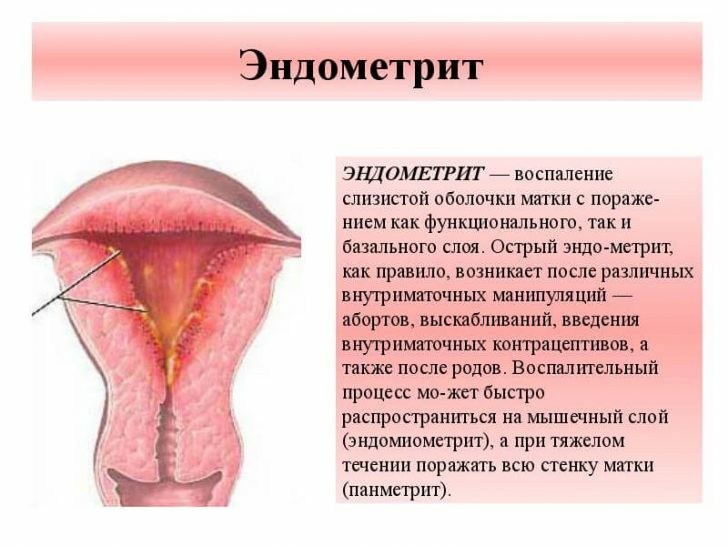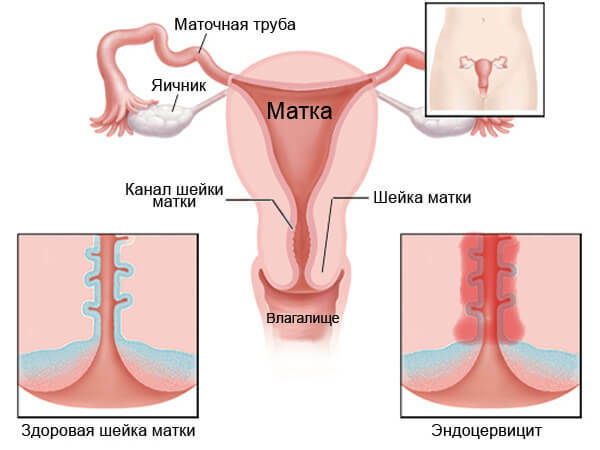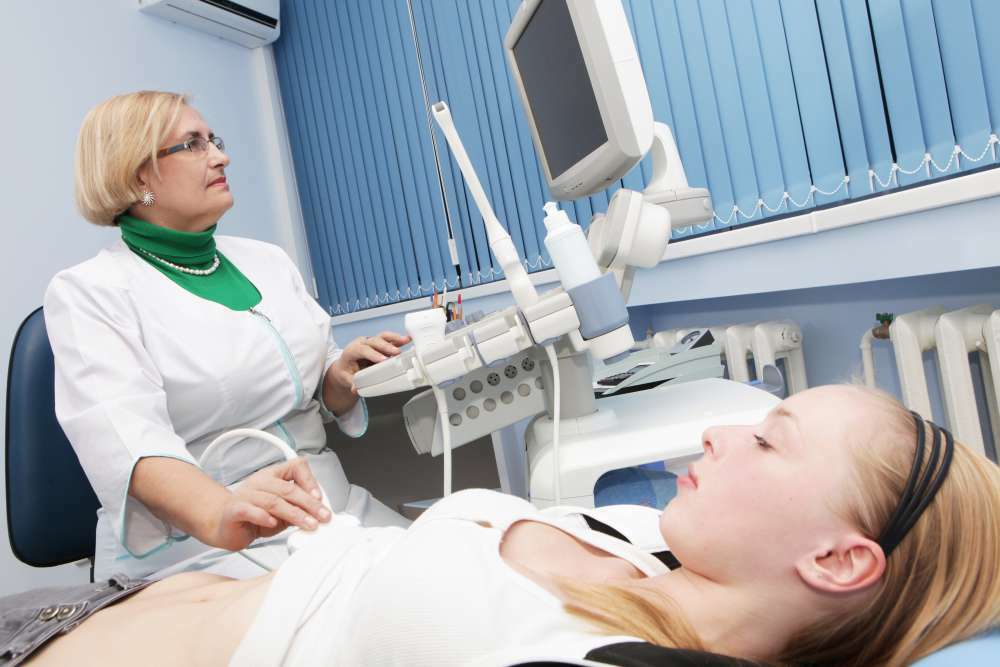Contraception after ectopic pregnancy

During an ectopic pregnancy for further development, the embryo is attached outside the uterine cavity. The percentage of ectopic pregnancy is only one to two percent. In the fallopian tube, the egg is fertilized by the sperm. The egg develops into an embryo after fertilization, which continues to grow and simultaneously moves three to four days along the tube to the uterus. On the sixth or fifth day the embryo enters the uterine cavity, at which time it is ready for implantation into the uterine wall.
Ectopic pregnancy
When the normal operation of the fallopian tube is disrupted or its patency is reduced( which may result in inflammation), the embryo may remain in the tube and implanted into its wall - this is the development of an ectopic pregnancy. After a couple of weeks, the result of such a pregnancy can be a rupture of the tube, and the patient must urgently operate.
The majority, namely 95-97 percent of all ectopic pregnancies, occur in the fallopian tubes. Sometimes they can happen on the ovary, in the abdominal cavity and in the cervix. These types of ectopic pregnancy are extremely rare, especially abdominal. For several months, an abdominal pregnancy develops, which is usually attached to the omentum.
Contraception after ectopic pregnancy
Women who have had an ectopic pregnancy need to be careful about contraception. Pregnancy is not recommended for at least six months after surgery. In order that the woman in the future again did not have serious problems with conception, which are associated with the repetition of an ectopic pregnancy or with obstruction of the fallopian tubes, it is necessary:
- First, to undergo a course of restorative treatment that includes physiotherapy procedures.
- Secondly, to take drugs that have the effect of protivosipjachnym.
- Third, contraception after an ectopic pregnancy.
Specialists have proved that an effective method of preventing ectopic pregnancy is the intake of hormonal contraceptives. The main point is the correct reception of tablets, without their skipping. The risk of ectopic pregnancy after the year of admission will be reduced by 90 percent compared to women who did not take this type of contraception.
Of course, it is necessary to avoid chlamydia and inflammation of the appendages of any. Treatment should begin at the first signs of disease.
Hormonal contraceptives are able to provide prevention of inflammatory diseases. After a year of taking pills, there is a decrease in the incidence of inflammatory diseases of the pelvic organs by fifty to seventy percent. This is due to a reduction in the amount of lost blood, menstrual, which is the substrate ideal for the multiplication of pathogens, and also a smaller dilatation of the cervical canal during menstrual bleeding.
Reduction of the peristaltic activity of the fallopian tubes and the intensity of uterine contractions significantly reduces the risk of developing an ascending infection from the vagina into the uterine cavity, and then the tubes.
A specific effect is exerted by the progestogen component of contraceptives on the consistency of mucus neck, which becomes difficult for both pathogenic agents and spermatozoa.



